Renewables, 35% of total in EU - Nuclear and coal power have shrunk in recent decades
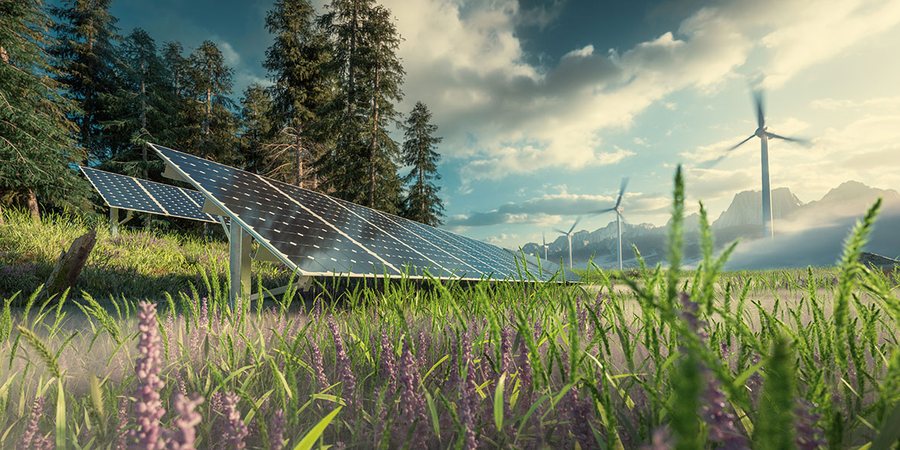
Nuclear and coal power in the EU have declined significantly over the past 20 years, while renewables have increased their presence. The European Union is no longer producing electricity like it did two decades ago.
Nuclear-powered generation shrank to 23% of the EU's energy mix last year, from 32% in 2000, while coal-fired generation fell to 12% from 30% over the same period.
While figures vary significantly between EU member states, renewable energy has grown steadily in almost all countries over the past two decades. But nuclear energy remains a vital contributor, despite a gradual decline in its share since 2000. This source is the largest contributor to electricity production in countries such as France, Belgium, Hungary, Bulgaria and Slovakia.
In 2023, renewables accounted for the largest share of electricity generation in the EU at 35%, followed by fossil fuels at 32% and nuclear power at 23%.
The share of renewables in the EU's electricity production has more than doubled since 2004, reflecting the bloc's commitment to achieve climate neutrality by 2050.
Despite Europe's climate commitments, some countries, including Italy, Germany and the UK, continue to rely heavily on gas power for electricity generation.
Germany shut down its last three nuclear reactors in April 2023, marking the end of electricity generation from this source. In 2000, nuclear power plants accounted for 30% of the country's energy production.
Wholesale electricity prices across Europe remain higher than pre-war levels in Ukraine, although they have fallen sharply from a peak in 2022 when the conflict rocked global energy markets. In November, prices reached their highest level in recent months, reflecting continued market volatility.
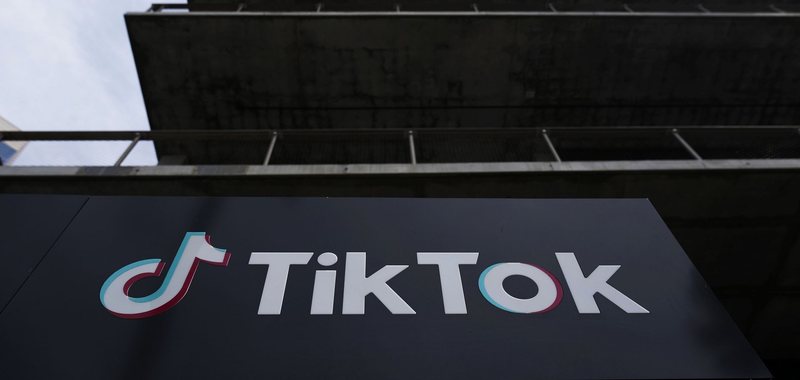
The European Commission opens an investigation against TikTok for the elections in Romania!
The European Commission today announced the opening of formal proceedings against TikTok, suspected of violating the Digital Services Act (DSA) by not......
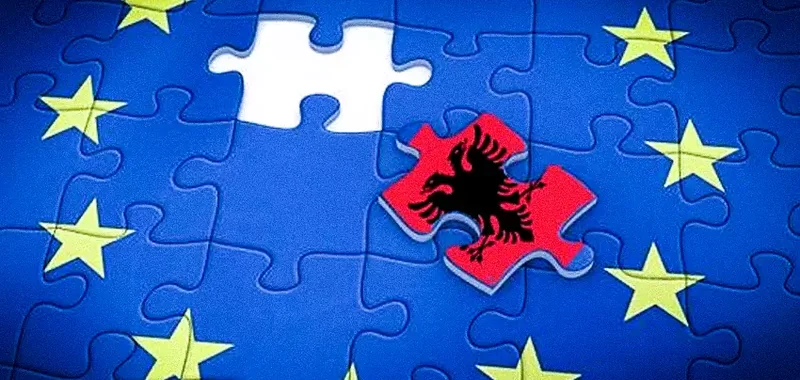
Negotiations with the EU on "Foreign Relations" begin - Minister Szijjártó: Albania has done an excellent job
Albania has marked another important step in terms of membership in the big European family. This Tuesday, the third intergovernmental conference was held in......

Scholz humbet votën e besimit kundër qeverisë së tij, duke shkaktuar zgjedhje të parakohshme! Çfarë ndodh tani?
Kancelari gjerman Olaf Scholz ka humbur një votëbesimi në parlament, duke i hapur rrugën shpërbërjes së qeverisë së tij dhe zgjedhjeve të reja kombëtare.......

Chapter 6 of EU legislation, the easiest for Albania? - Mahmutaj: Every cluster has its own challenges, foreign policy is no exception
With the opening of negotiations for the sixth group chapter, Albania is today one step closer to the European Union. In terms of foreign relations, Albania......
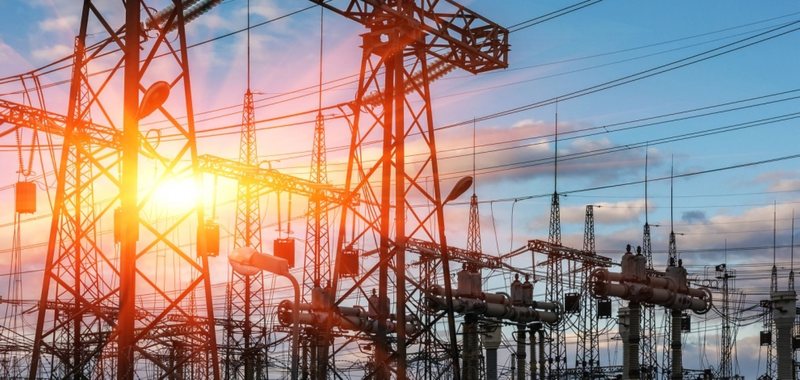
Më pak humbje energjie në rrjet - OSHEE: 5.6 mln euro kursim. Në janar-shtator niveli i humbjeve arriti 17.23%
Niveli i humbjeve në rrjetin e shpërndarjes për 10 - mujorin e këtij viti u regjistrua në 17.27%, apo 1.43 % më pak se e njëjta përiudhë e vitit 2023, kur......
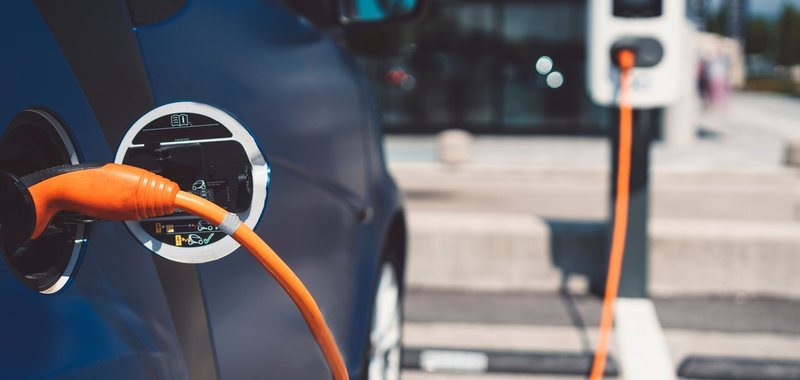
November, a record month for electric car sales - China accounts for 2/3 of the total, while the EU and Britain show a decline
November marked another record month for electric car sales, with 1.8 million units sold globally, according to a report by research agency Rho Motion. This......
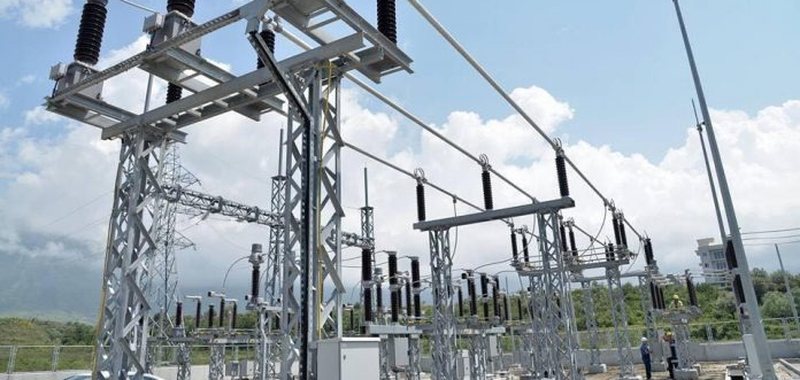
120 million ALL for the modernization of HEC Koman - The goal is to digitize the measurement system and optimize operation and maintenance
The Albanian Electric Corporation has announced the opening of the tender for the system of measurement, prediction and optimization of the operation and......
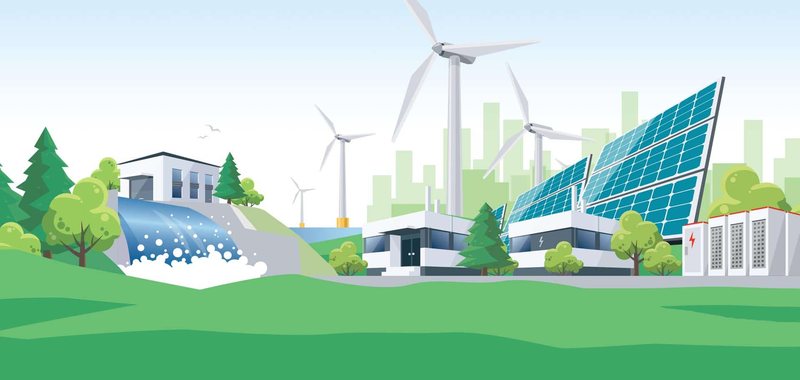
From renewable sources to fossil fuels in Europe: How is Albania positioned?!
The European Union is no longer producing electricity the way it did two decades ago. Nuclear-powered generation shrank to 23% of the EU's energy mix last......


















